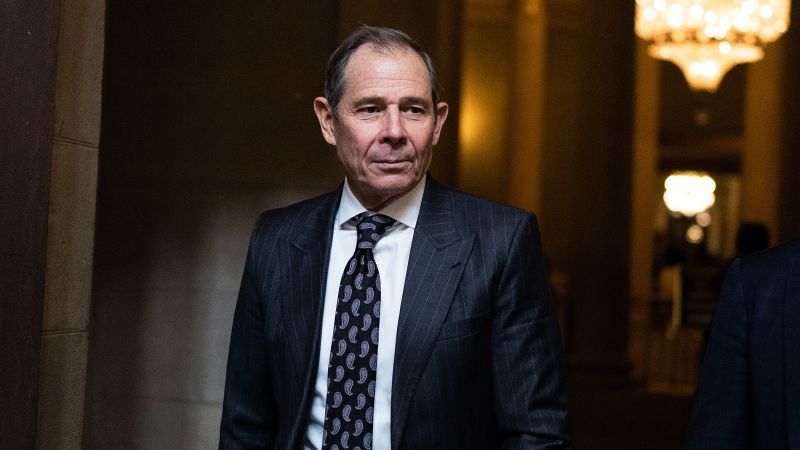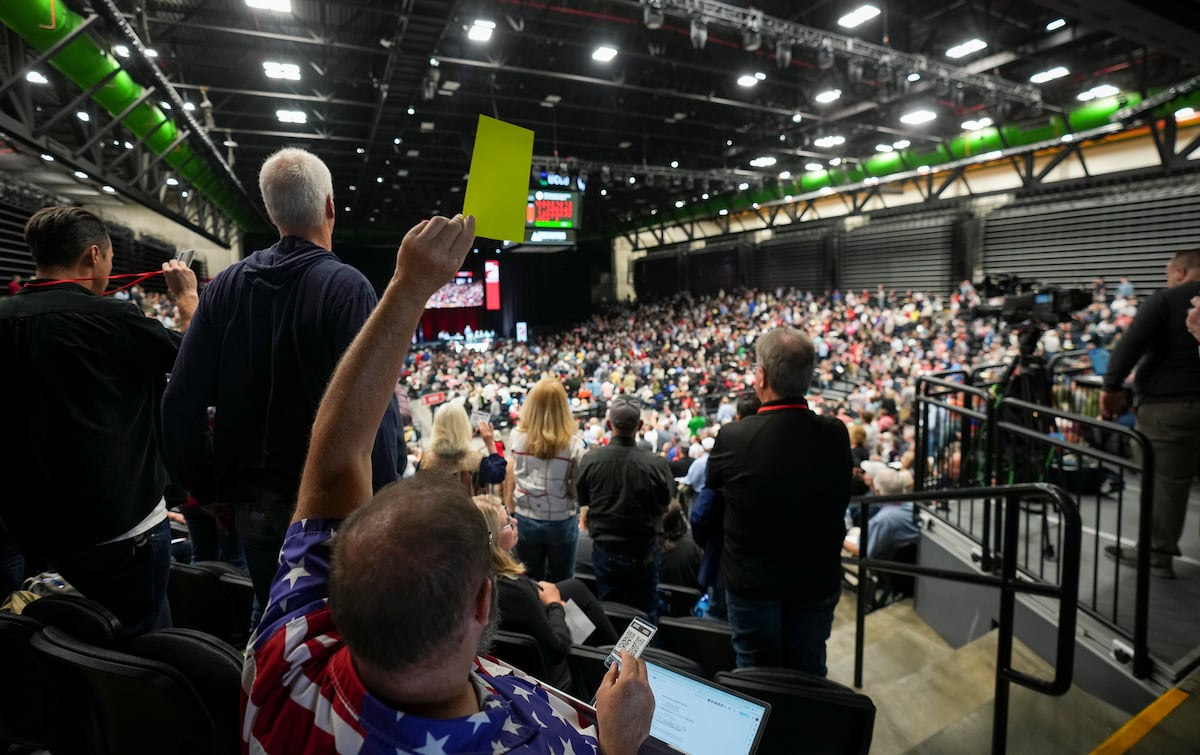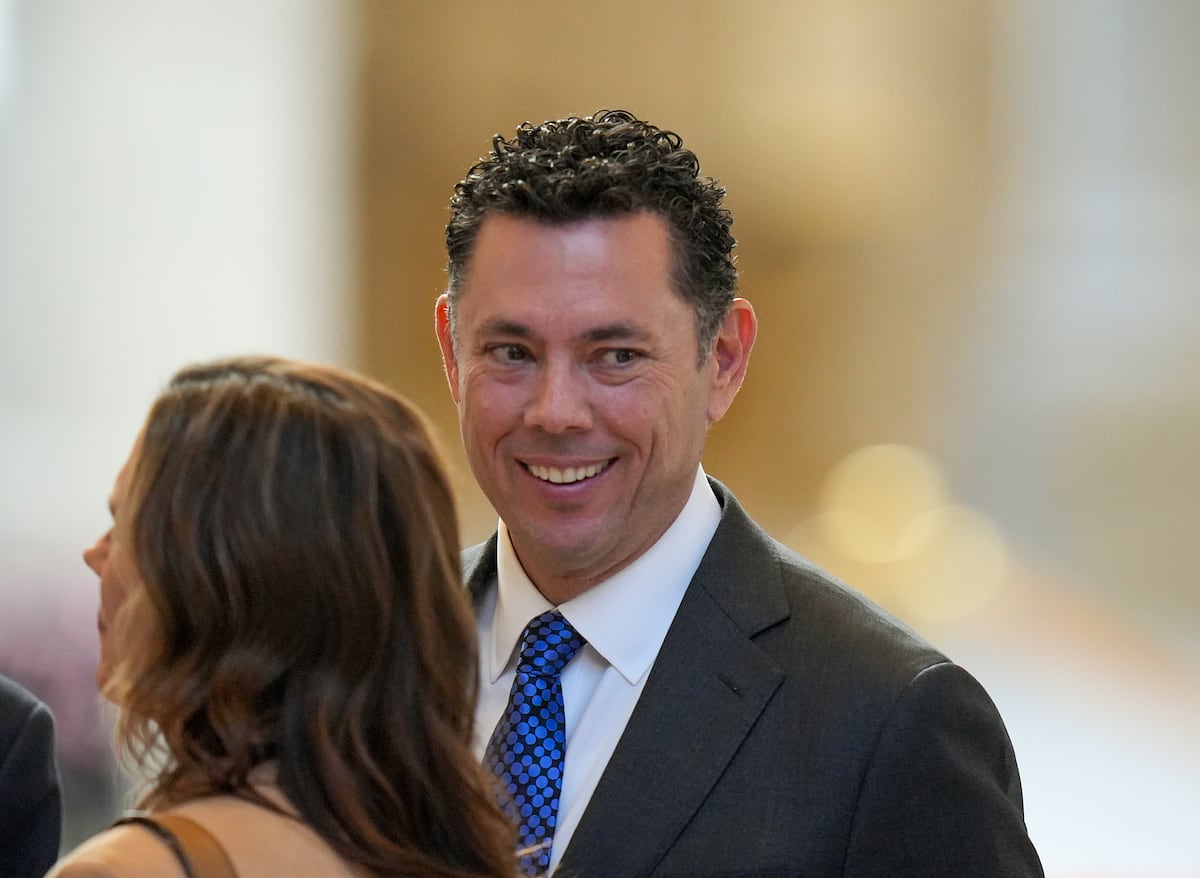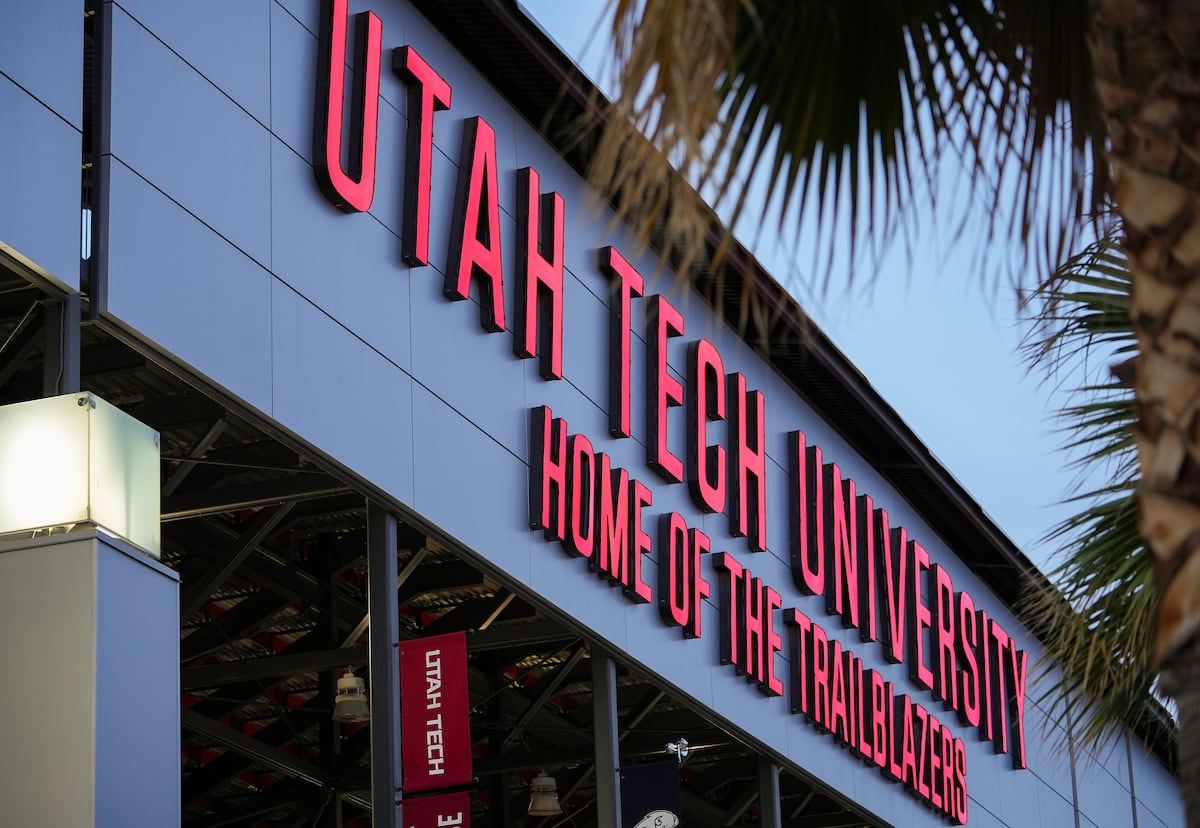That sophomore Enrique Karg was the man to lead them is a good sign for Utah State. Karg, of Guadalajara, Mexico, only finished inside the top 20 in one start during the regular season. At Southern …
Had Ohio State’s season ended last month, it would have been on a sour note indeed. The Buckeyes, in a rebuilding year, finished fifth at the Big 10 Championship and missed an NCAA Championship bid.
But three weeks after their year could have been over, head coach Jay Moseley and his team are carting a postseason trophy back across the country to the heartland, and that’s something Moseley has never done. On Sunday, Ohio State finished off a seven-shot victory in the third National Golf Invitational at Ak-Chin Southern Dunes in Maricopa, Arizona.
Advertisement
Ohio State made an NCAA semifinal run a year ago this time, but that was with four distinguished seniors on the roster. After failing to score an NCAA regional bid earlier this month, Moseley’s team committed to some areas of improvement and bought into a different side of the postseason: the NGI. This win amounts to a huge shift in momentum, especially considering that Ohio State’s only two team wins this season, as Moseley noted, came in their backyard.
“To come out where we’re unfamiliar with the desert golf conditions, to come out on top and get a win with a little bit of a target on our back was really good,” he said.
National Golf Invitational: Scores
The Buckeyes trailed Utah State by a shot on the first day, had leapfrogged them by the end of 36 holes and slowly pulled away over the course of Sunday’s final round.
Advertisement
Three Ohio State players finished in the top 7 individually, and the Buckeyes led the field in birdies
“‘Fight’ has been our mentality all spring, so they did a good job hanging in there, taking advantage of the chances when we got them and making some birdies down the stretch was really cool,” Moseley said. “It was a great team win.”
While Ohio State, on the other side of its senior exodus, spent the week finding out what its next chapter can look like, a similar transition period awaits Utah State in the fall. The NGI amounted to the final ride for graduates John Cook, Julio Arronte and Esteban Jaramillo.

Enrique Karg won the 2025 National Golf Invitational
The Aggies made six team birdies in the first three holes on Sunday and hung within a few shots of Ohio State all day.
Advertisement
“We beat them on Day 1, so I think they were like, ‘OK we can do this,’” Utah State head coach Dean Johansen said.
That sophomore Enrique Karg was the man to lead them is a good sign for Utah State. Karg, of Guadalajara, Mexico, only finished inside the top 20 in one start during the regular season. At Southern Dunes, he came out of the gate with a bogey-free 7-under 65 and parlayed that into a Sunday playoff victory for his first individual title in a year.
Karg is a player who struggled with a lot on his plate this past year – from school to golf to family.
“I had a rough spring this year,” Karg said. “I had a lot on my mind, and it was a lot of up and down so playing good in this event, it was very good for me.”
Advertisement
Karg felt he took advantage of his distance all three rounds and put himself in favorable positions, reaching several par 5s in two and leading the field in par-4 scoring. The week wasn’t all smooth sailing, however, and Johansen watched Karg fight for a second-round 70 to stay in the tournament.
“The mark of a true human being is how they handle adversity, and you couldn’t tell from 5 feet to 500 yards if he was making a bogey or a birdie,” Johansen said, “and I love that.”
Karg, who finished the week at 12-under 204, had to play an extra hole with Richmond’s Carson Baez for the individual title, and nearly holed his 70-foot birdie putt on that extra trip down the 18th to do it. His tap-in par was good enough. He Facetimed his family back home in Mexico right away.
As a result of his win, Karg earns an exemption into the Southeastern Amateur, which he’ll add to the lineup of other amateur events (the Memorial Amateur in Sacramento, California, the Mexican International Amateur in Guadalajara and a U.S. Amateur qualifier) he has planned for the summer.
Advertisement
As this Utah State team scatters, Cook, Arronte and Jaramillo are headed for professional careers. Johansen knew early week it would be emotional to see them go. This team’s international makeup is largely thanks to the work of assistant coach Erik Skinner, who took Johansen’s idea to expand the roster globally and “found some of the best young men – phenomenal kids,” Johansen said. He has always been interested in the whole player, not just level of golf talent.
Johansen began his day on Sunday with an early workout before driving a couple miles down the road for a protein shake. When he pulled into a gas station, he met Cook, one of his three seniors. Cook, who has committed himself to getting healthy these past three years, was out on a morning run before the round.
Cook, as a runner, demonstrates exactly the level of commitment this senior class gave to Utah State. Nevermind that they all reassembled post-graduation for a final tournament – Cook ditched a full cycle of marathon training, skipping the Ogden (Utah) Marathon on Saturday to be here with his team instead.
And that, funny enough, was how Johnson lost it, three hours before his team ever hit a shot.
Advertisement
“I was driving back to the hotel and he was running alongside the road and I just started tearing up,” said Johansen, who has praised the character of his whole squad this week. “I’m so proud of the young man he has become.”
This article originally appeared on Golfweek: National Golf Invitational 2025: Scores, Ohio State wins
Source: Utah News









